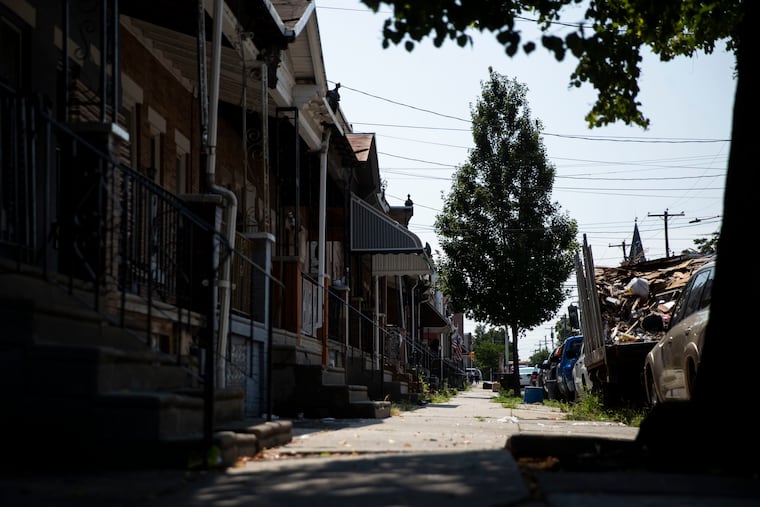Israeli Minister Claims Illegal West Bank Settlement Undermines Prospects for Palestinian Statehood

Israel’s Finance Minister Bezalel Smotrich has announced plans for the approval of more than 3,000 new housing units in the contentious E1 area of the West Bank, a project often characterized by its complexity and historical delays. This venture is positioned as a significant step toward fulfilling the vision of connecting Jerusalem with the settlement of Maale Adumim, situated just several kilometers to the east. Smotrich referred to the undertaking as a manifestation of “Zionism at its best.”
In remarks made on Wednesday, Smotrich, who also holds a key role in the Israeli Ministry of Defense concerning settlement approvals, indicated that these construction plans would significantly shape the dynamics of the Israeli-Palestinian landscape. He stated that the approval of this project is part of what he described as a broader strategy aimed at asserting de facto sovereignty in the region. This move, while receiving praise from proponents within the settlement movement, raises complex implications for the future of Palestinian statehood.
Supporters of the settlement initiative, including Israel Gantz, chairman of the Yesha Council—a collective representing illegal settlements—touted the announcement as a historic achievement for the settlement movement. Gantz described it as a “true revolution in strengthening the settlement enterprise,” signaling a shift in the narrative surrounding settlement expansion in the region.
The E1 settlement project has faced stalling for years, largely due to international objections. Observers note that its establishment is likely to complicate any future aspirations for a contiguous Palestinian state, effectively dividing the West Bank into disconnected northern and southern regions. Enhancements in road infrastructure and restrictions on Palestinian access are already being reported in the area, setting the stage for the impending construction.
Further developments indicate that the Israeli government, facing internal and external pressures, has recently approved an additional 4,030 housing units across the occupied West Bank. Of these, approximately 3,300 units are designated for a new neighborhood in Maale Adumim—a significant increase that raises questions about the necessity and justification for the E1 plan.
While the spotlight remains on the geopolitical implications of these decisions, the situation continues to evolve amid a complex matrix of local and international responses, showcasing the enduring challenges in achieving a peaceful resolution in the region.
#MiddleEastNews #PoliticsNews






